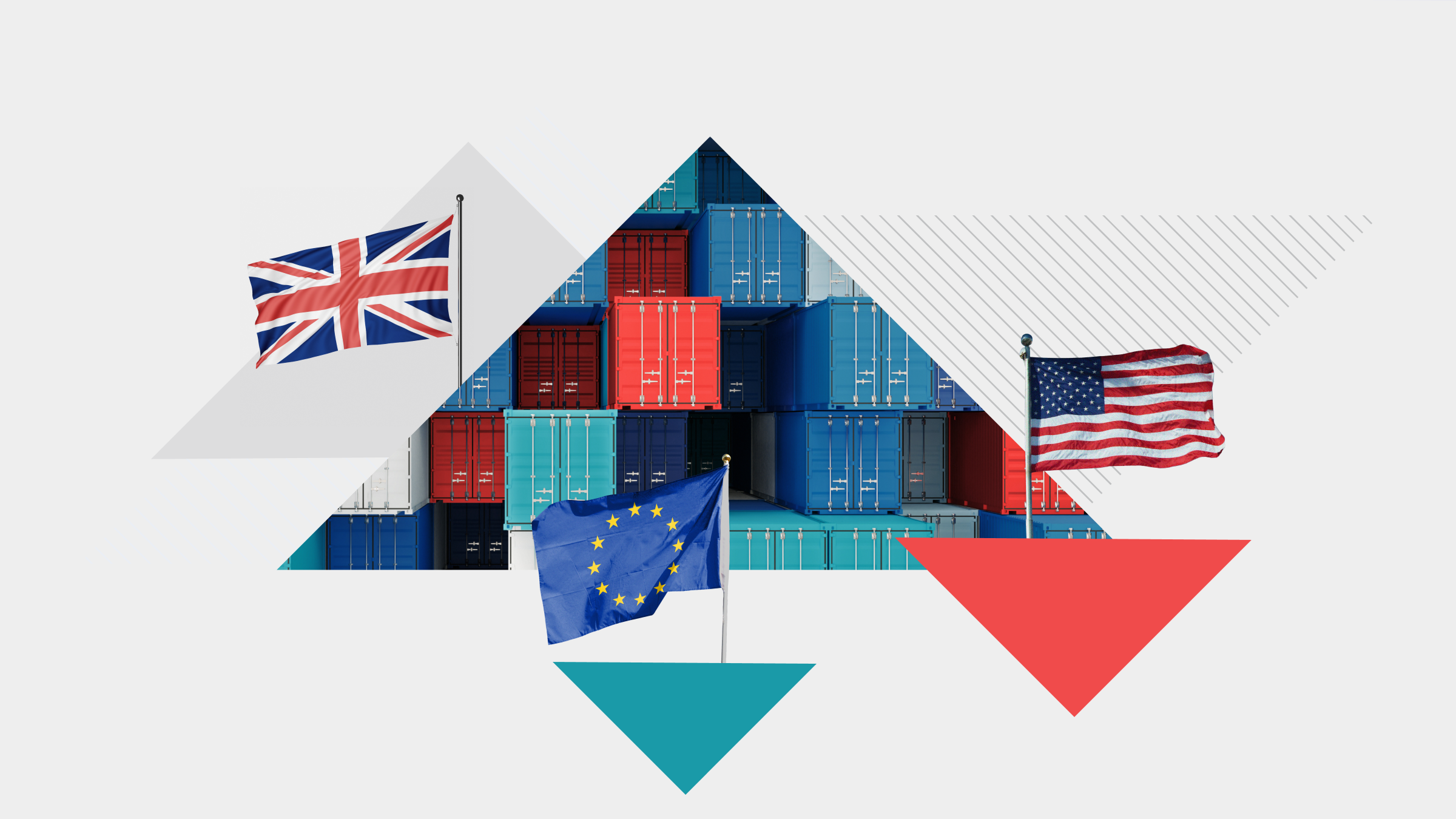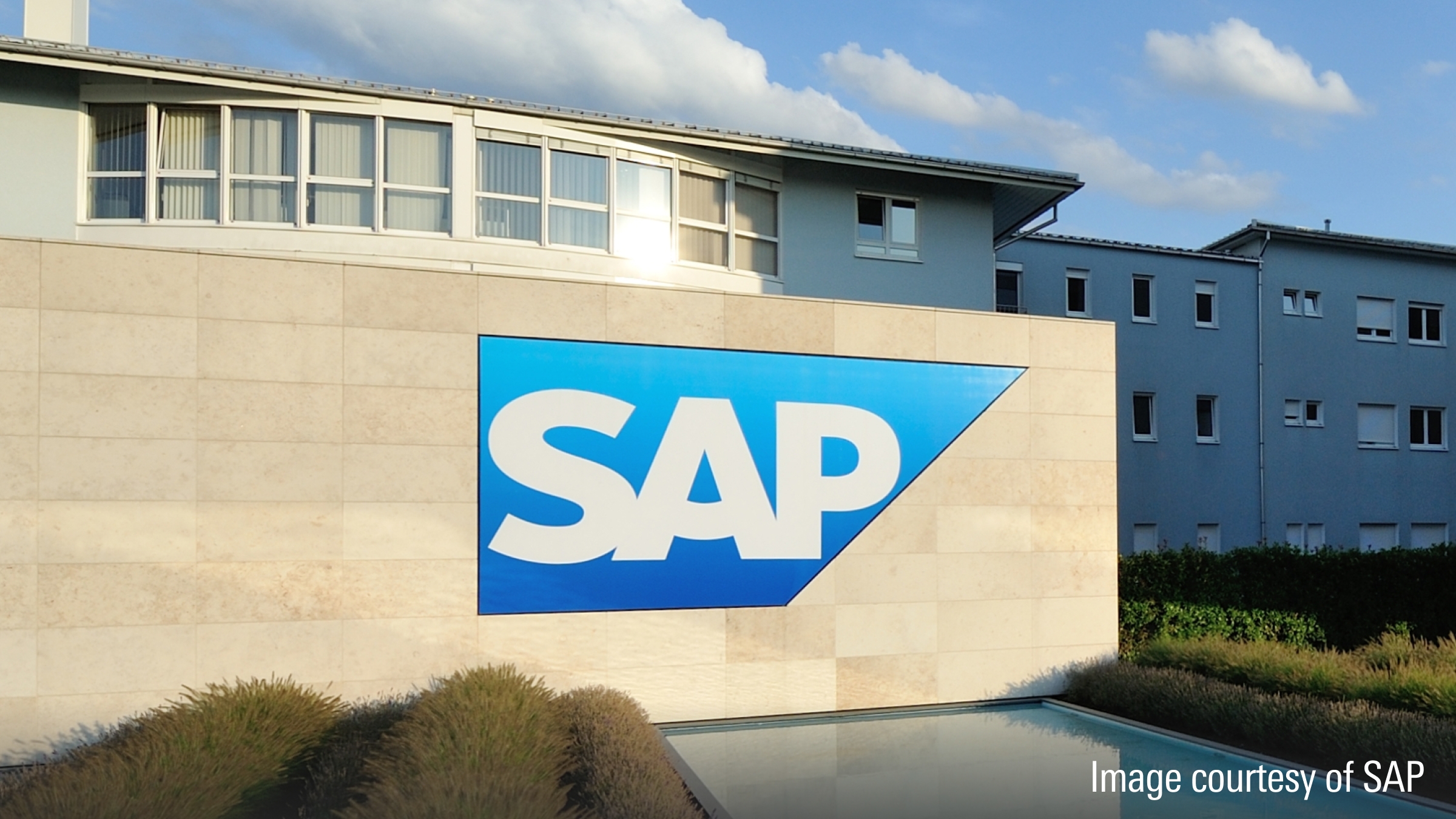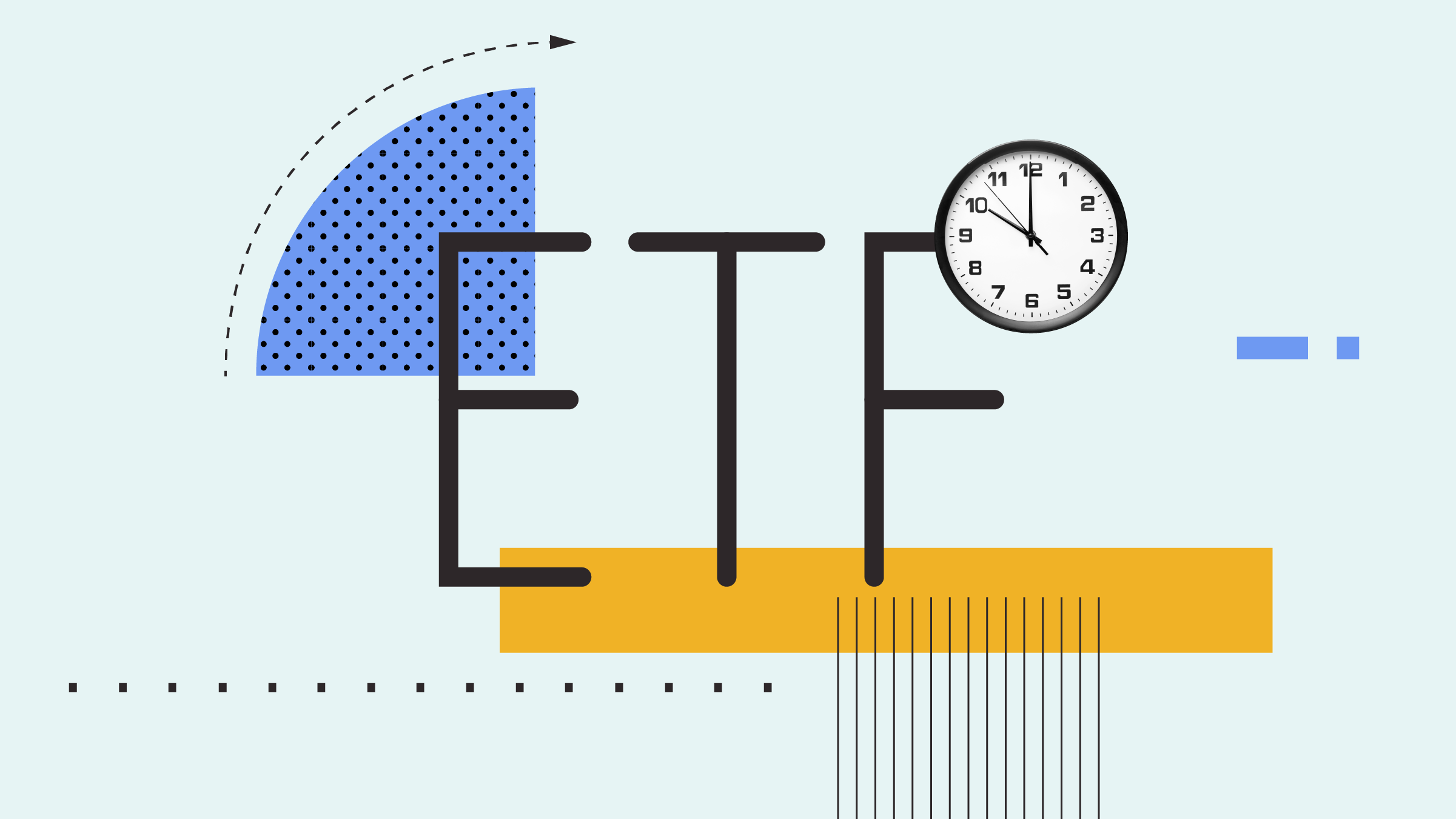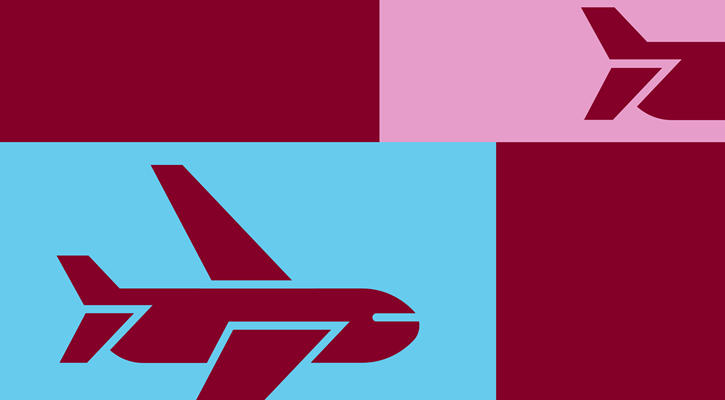Fair value estimate: 197 DKK
Investeringsanalyse, Stephen Ellis, 02/06/2015
After years of dealing with the aftermath of its expansion into Ireland and the Baltic states during the 2000s, Danske Bank is finally gaining some earnings traction through lower credit costs and stronger expense control.
Danske's ill-timed expansion into Ireland has been a major reason behind its current underperformance. To address the problems at the Irish bank, Danske divided it into two segments, core and noncore. The core segment is essentially the "good" bank with more manageable credit problems and higher-quality assets, while the noncore Irish bank holds most of the problem assets so as not to be a distraction to the rest of the bank. Danske's plan to divest the noncore Ireland portfolio is progressing well. As the Irish property market continues to recover, Danske has had success in its divestment plans by selling properties into improved market conditions.
Despite its expansion attempt, Danske remains firmly closely tied to Denmark, where the bank generates more than 50% of its net interest income. Other Nordic markets generate an additional 25% of net interest income. Slower growth in its core Scandinavian markets and stressed asset quality in Denmark have hampered quick recovery of profitability for the bank. Longer term, we expect Danske's core Nordic markets to lead the company's return to stronger operating profitability.
Danske continues to seek cost savings throughout the bank through staff and branch reductions. For 2015, Danske expects to reduce noninterest expenses to less than DKK 22 billion annually, sharply lower than 2009's nearly DKK 30 billion.
Bulls say
- Capital is strong with the core Tier 1 capital ratio at more than 14%, giving the bank sufficient cushion against loan losses.
- Most of Danske's banking assets remain in its home country of Denmark, where unemployment has stabilized and positive GDP growth is expected over the year.
- Expense reduction efforts should help maintain positive earnings during this difficult economic environment.
Bears say
- Danske is expected to continue incurring larger loan losses, primarily from Irish housing, which will weigh upon the bank's capital generation.
- The agricultural and shipping sectors in Denmark have experienced difficult times, which has resulted in high loan impairment levels to Danske.
- Danske is very dependent on wholesale funding markets and gets only about 29% of its funding from deposits.
©2015 Morningstar. All rights reserved. The information, data, analyses, and opinions contained herein (1) are proprietary to Morningstar, Inc. and its affiliates (collectively, “Morningstar”), (2) may not be copied or redistributed, (3) do not constitute investment advice offered by Morningstar (4) are provided solely for informational purposes and therefore are not an offer to buy or sell a security, and (5) are not warranted to be accurate, complete, or timely. Certain information may be self-reported by the investment vehicle and not subject to independent verification. Morningstar shall not be responsible for any trading decisions, damages, or other losses resulting from, or related to, this information, data, analyses or opinions or their use. Past performance is no guarantee of future results.
















